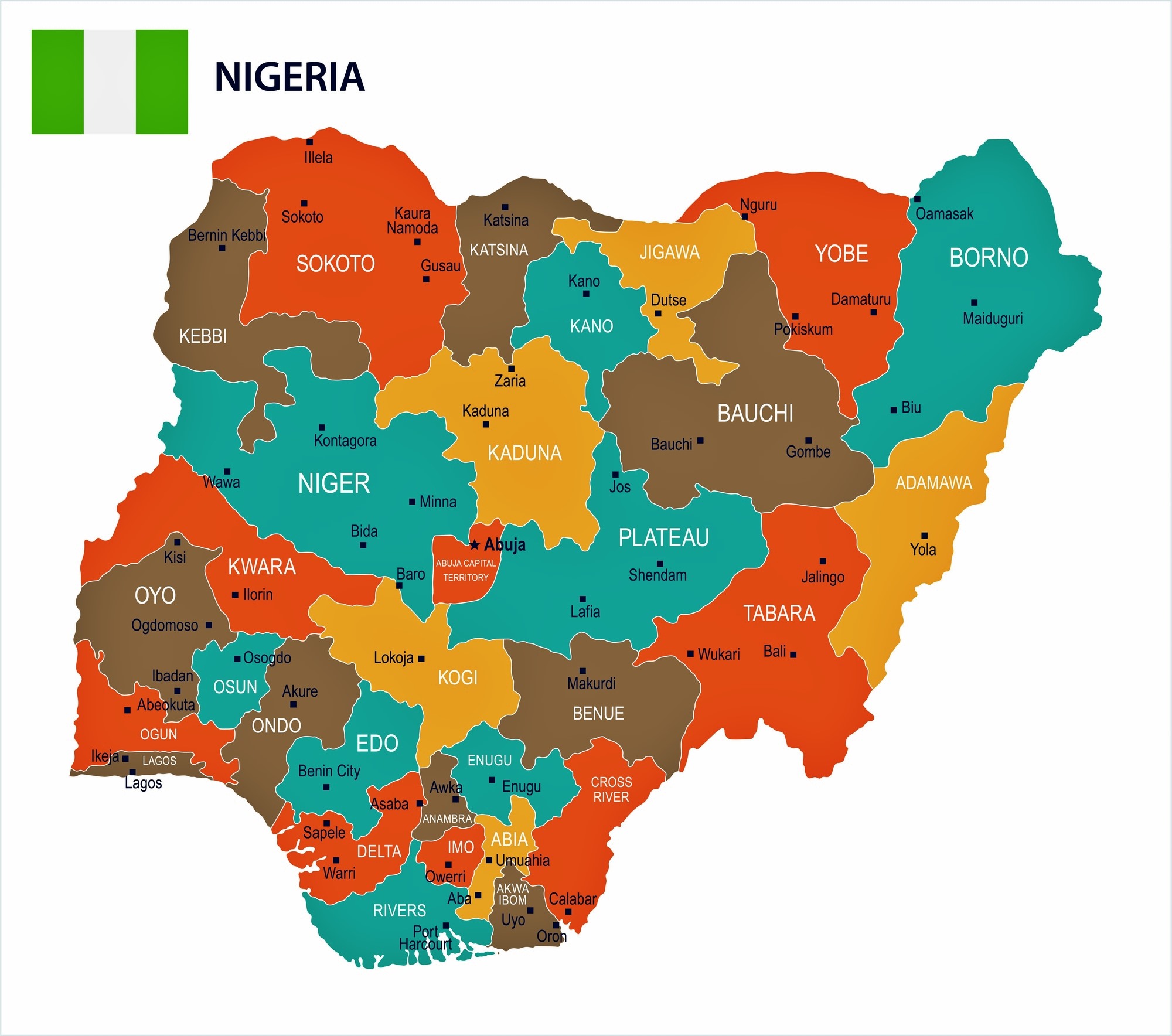Against the backdrop of their ordinarily Olympian status, it constitutes a disservice to see state governors in contemporary Nigeria in unflattering colours. These are individuals who are elected by the citizens to hold the highest public offices in their respective states, and are therefore political leaders of such territories, standing in second place only to the President of the entire country. It is on that basis that the honorific title of ‘His Excellency’ or ‘Her Excellency’ is conferred on them as protocol demands. However, considering the Biblical verse (Matthew 7: 16) that “by their fruits you shall know them”, the unsavory enterprise of some of these same state governors may have earned for their ilk, the unenviable reference of spoilers and reducing agents even as ‘Ogas at the top’, simply due to their contributions towards vitiating the very ethos of the Nigeria’s hard earned democracy. For instance, in the past few weeks the country had been subjected to the unprecedented drama of a syndicated strike action featuring staff of two of the three arms of government, specifically the legislature and the judiciary over the hijack of their statutory finances by the executive arm under the state governors and in a manner that reeks of little beyond bare faced buccaneering.
Coming under the aegis of the Parliamentary Staff Association of Nigeria (PASAN), staff of state houses of assembly embarked on a warning strike on March 23 2021, with the aim of enforcing the implementation of fiscal autonomy for the state assemblies across the country. Also acting under the Judicial Staff Union (JUSUN), staff of judicial establishments across the country commenced on a strike action from April 6 pressing for the same fiscal autonomy for their establishments. Meanwhile, the common target of these actions remain state governors who in wilful, crass violation of the clear cut provisions of the Constitution, routinely expropriate funds designated for the other arms of government in their states, in a manner that suffocates the latter. The net effect of this state of affairs is a syndrome of arrested development for the state legislatures and the judiciary. Hence the strike actions by these staff unions constitutes a wake-up call to Nigerians, to address this incubus of impunity comprising the breach of autonomy of the legislature and the judiciary by the implicated state governors.
- How mining is destroying infrastructure, causing disaffection in Akwa Ibom
- New discovery explains antihypertensive properties of green and black tea
Incidentally, the deleterious implications of this outrage by implicated state governors is not new or strange to the status quo, as it is common knowledge that the country’s democracy remains caged by the governors – most of whom see themselves as emperors of their states, with a craving for the power of life and death over the citizens, whom they see as mere subjects. Among efforts to counter the excesses of the state governors, have been series of proposed amendments to the Nigerian Constitution with the most assertive being the Executive Order 10 of 2020, which was issued by President Muhamadu Buhari specifically to arrest the situation of encroachment of state governors on the funds of the legislature and judiciary in the states. So far, even that has not worked leading to the desperate action by the affected workers in these establishments, to embark on strike action.
From a wider perspective the situation of encroachment by state governors on the fiscal autonomy of the legislature and judiciary in their states remains an open sore for Nigerians to address as it is a manifestation of a revolt by the implicated governors against the society by indulging in what they are not allowed to do and leaving undone what they were elected to do. It constitutes a tacit denouncement of the provisions of the very Constitution which each of them publicly swore on oath to uphold and be guided by. Hence to allow them continue in the assault on the Constitution is to grant free rein to these self-manifest, enemies of society; their elevated social status notwithstanding.
It is on the basis of such intransigence by the implicated governors that President Muhamadu Buhari needs to do more than merely issuing Executive Order 10. In his 1961 classic work ‘The British Approach to Politics” Michael Stewart identified a key attribute of a government as the capacity to enforce and actualise its decisions and policies. For the administration of President Buhari, this timeless advice by Stewart remains most welcome. In that context therefore, for the administration to have issued the Executive Order 10 indicates that it is aware of the deleterious effect of the nefarious enterprise by the implicated governors. But to allow the situation fester for so long and attract unusual reactions of strike action from members of PASAN and JUSUN – staff who operate in usually hallowed and sedate establishments – remains most unfortunate. Stretching the argument further, it is not in doubt that had the Presidency been more disposed towards actualization of the fiscal autonomy of the deprived institutions, the country’s democracy would have been in a more developed state, to the benefit of the Nigerian masses.
Meanwhile as things stand, it will be futile to expect the governors to give up their conquest of the other arms of government, without a fight, simply because politics in Nigeria does not run on the wheels of moral suasion. The autonomy of all arms of government needs to be pried off any encumbrance. It is a national emergency which the Buhari administration has to address with its advantage of a large following of support comprising, leading lawyers, human rights groups, the media and most importantly, the law and social justice.




